Unilever's Brand Strategy: How Consumer Behavior Drives Marketing
VerifiedAdded on 2023/06/18
|6
|1298
|84
Report
AI Summary
This report analyzes Unilever's success in applying its understanding of factors that influence consumer behavior to market its products globally. It examines psychological, cultural, and personal factors, referencing Unilever's Dove campaign, Ragú's social media strategy, and Lifebuoy's health initiatives. The analysis details how Unilever leverages these factors to connect with consumers, build brand loyalty, and increase sales, while also acknowledging potential challenges such as rival firms and changing consumer preferences. The report concludes that understanding and adapting to diverse consumer behaviors is crucial for Unilever's global marketing success. Desklib provides access to this and other solved assignments for students.
1 out of 6
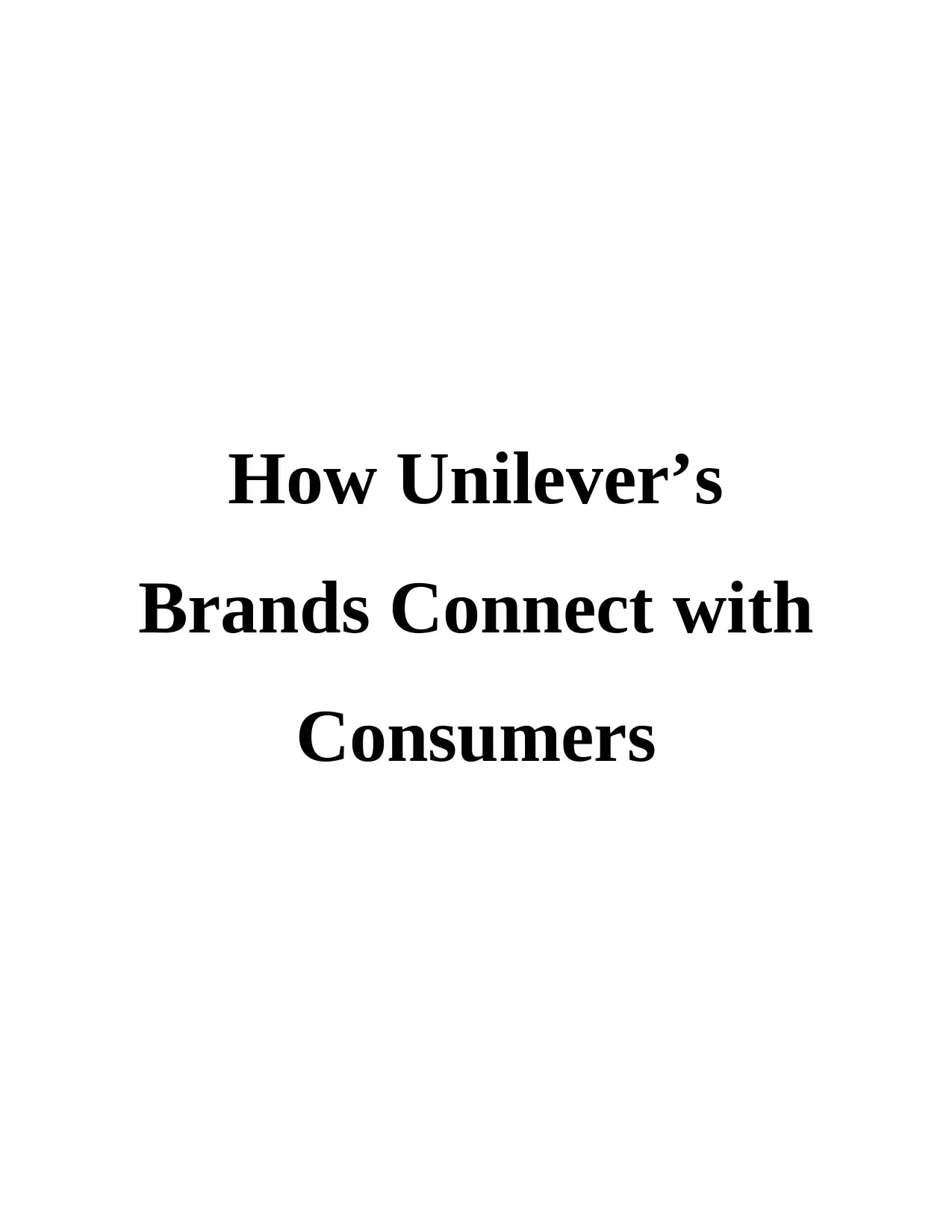
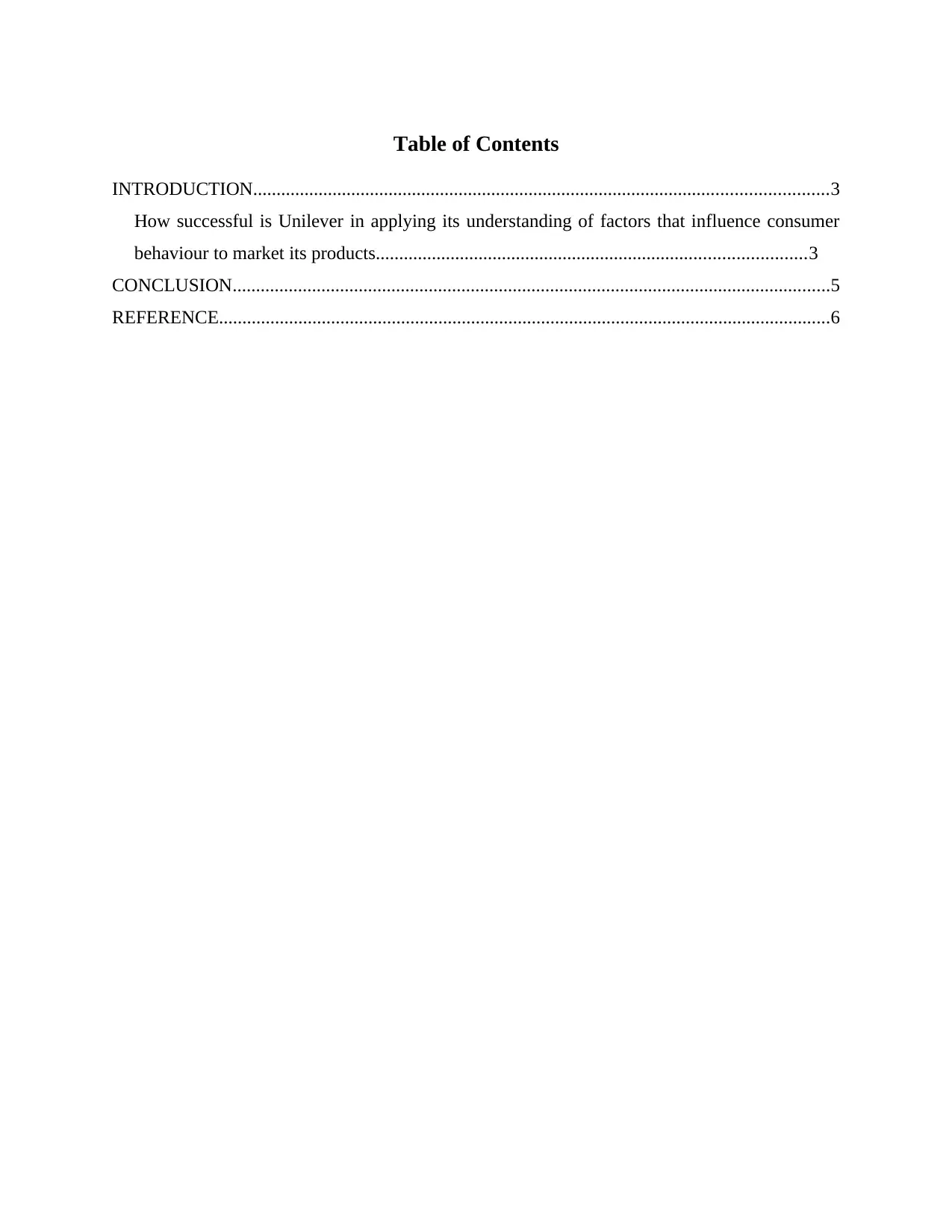
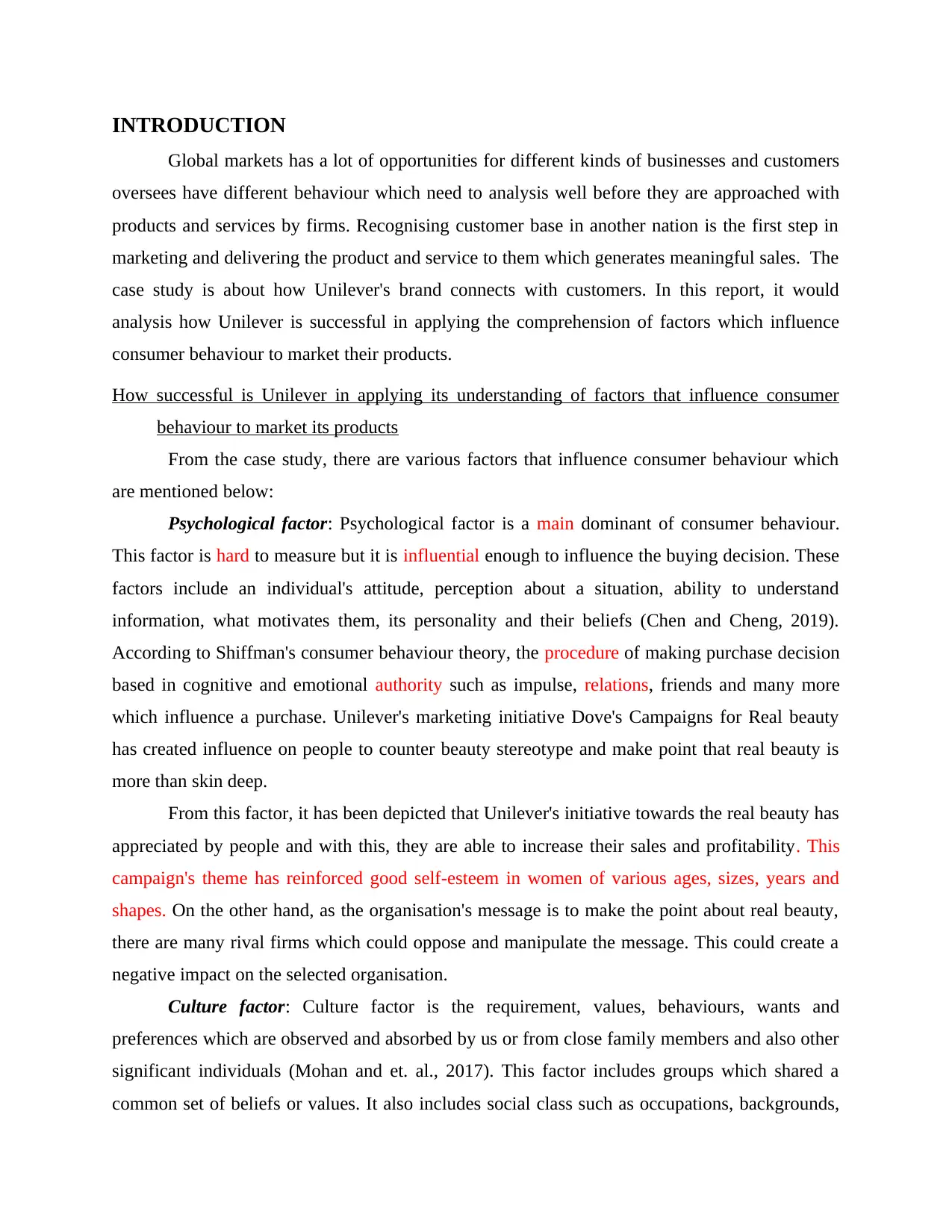
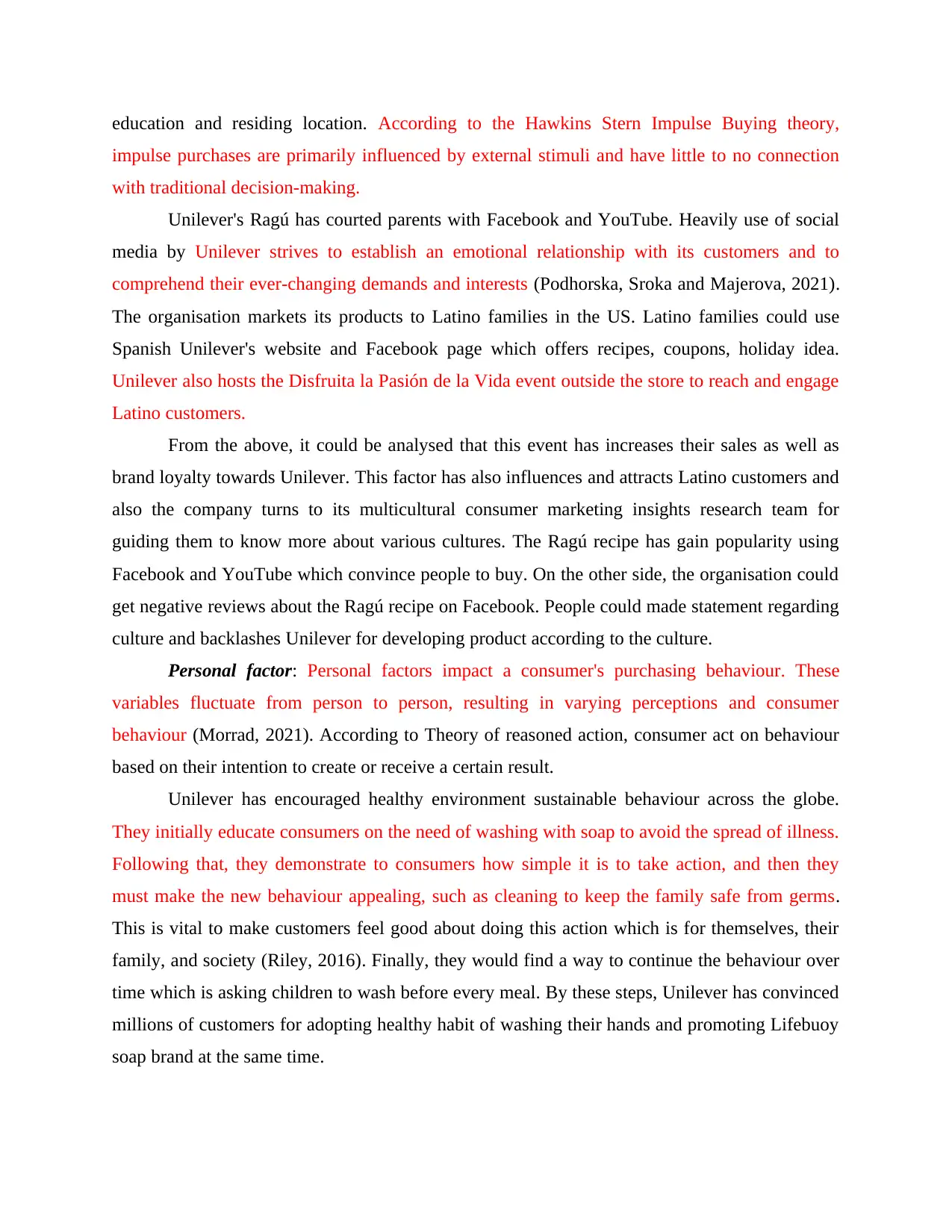
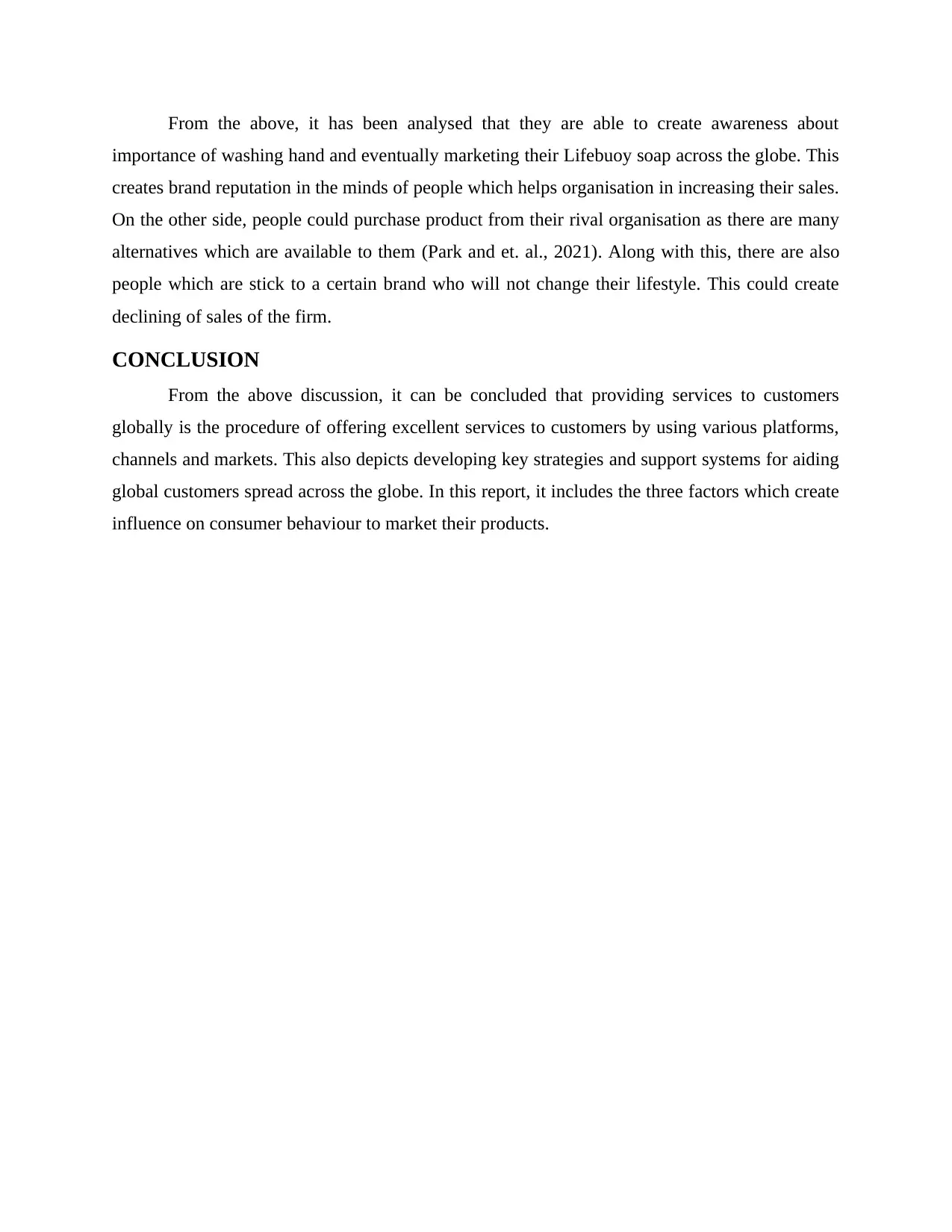
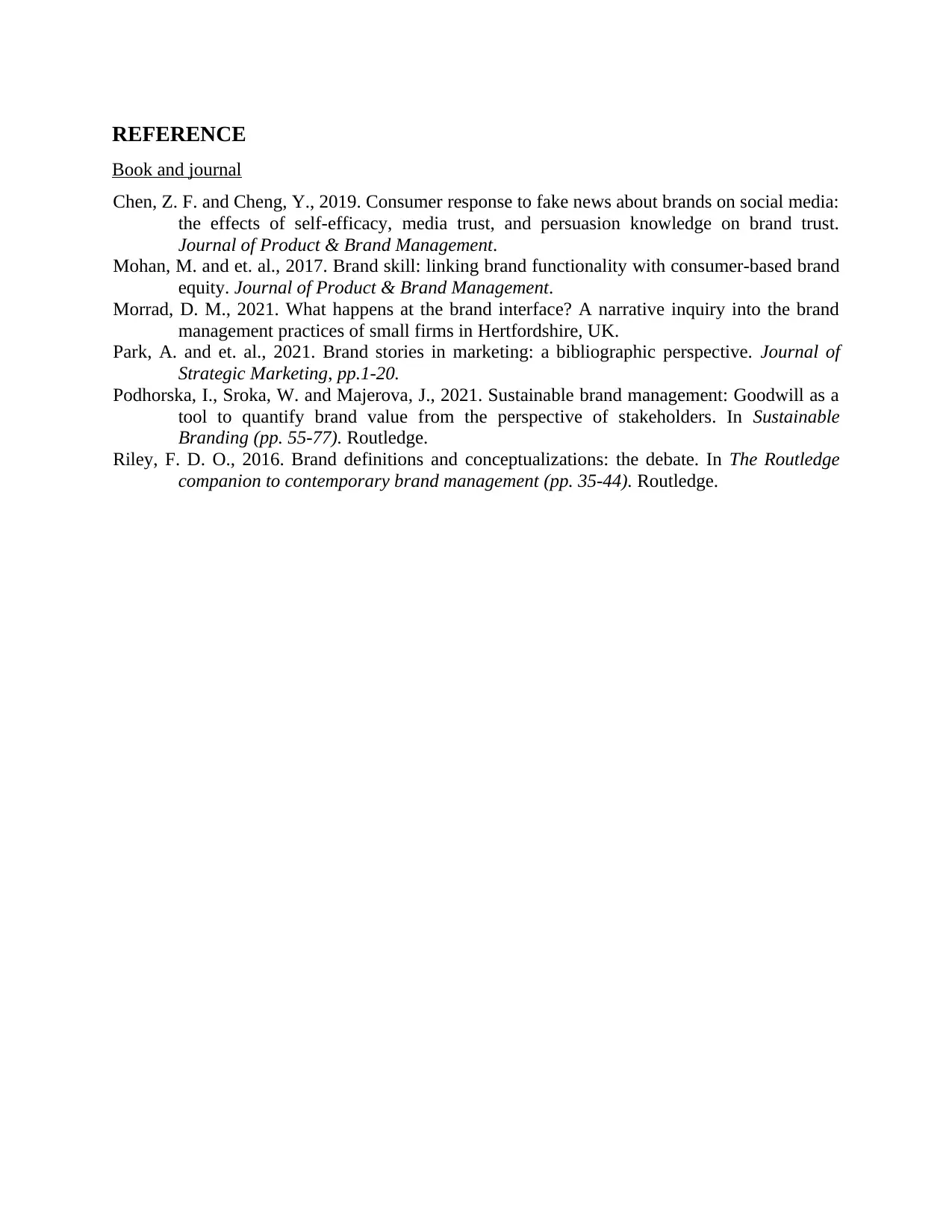






![[object Object]](/_next/static/media/star-bottom.7253800d.svg)